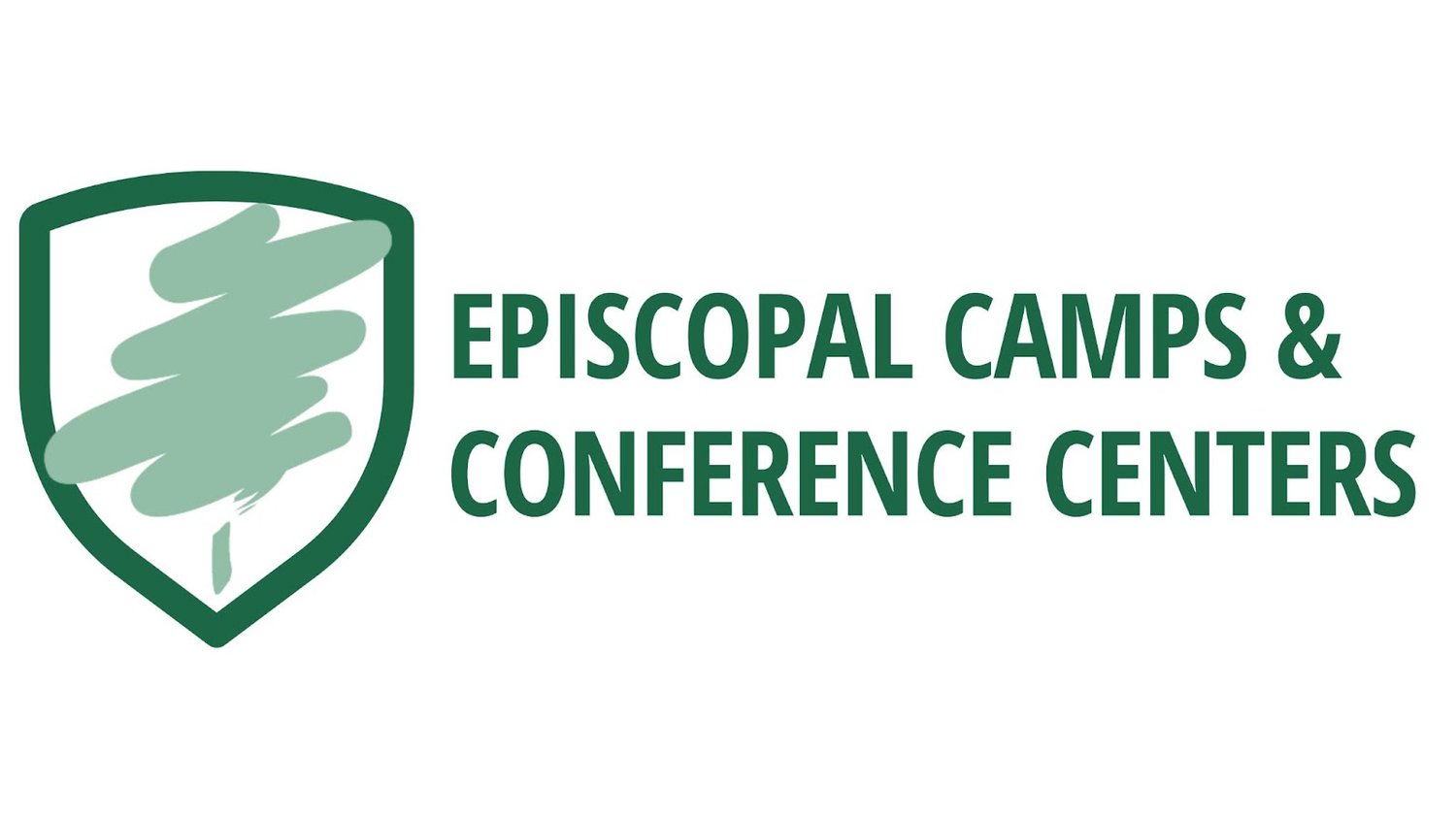Religious, non-profit specifics in Congress relief package
On Friday, March 27, Congress passed and the President signed the Coronavirus Aid, Relief, and Economic Security (CARES) Act, a $2 trillion economic stimulus package in response to the coronvavirus pandemic.
Of note to ECCC programs and sites:
The CARES Act allows non-profit, religious institutions to apply for federal Small Business Administration Loans, which they are typically not eligible for, as follows:
Emergency Small Business Loans: Provide funding for special emergency loans of up to $10 million for non-profits with fewer than 500 employees, permitting them to cover costs of payroll, operations, and debt service, and provides that the loans be forgiven in whole or in part under certain circumstances. Nonprofits are also eligible for expedited loans of up to $1 million.
Includes Payroll Protection: Low-interest loans to 501(c)(3) tax-exempt organizations with up to 500 employees, generally for two and a half months of payroll costs, which may be forgiven entirely if the borrower limits salary reductions to no more than 25% and maintains staffing levels for eight weeks after getting the loan.
The online payment processor, Square, has a helpful summary of the PPP (and may soon offer loan processing, if your bank isn’t able to).
Economic Injury Disaster Loans: The Small Business Administration disaster lending program has eliminated creditworthiness requirements, and will offer loans of up to $2 million with interest set at 2.75% (and grants of an emergency/quick $10,000 within three days). Payments of principal and interest may be deferred for up to four years.
Loans to nonprofits with 500 to 10,000 employees at 2% interest and no payments due for the first six months, which may be useful for Episcopal camps and conference centers who are a part of their diocese, and not an independent 501(c)3.
Typically, employees of most faith-based nonprofits can’t access unemployment benefits if they are laid off. If the President declares a “major disaster,” workers who aren’t covered by federal or state unemployment insurance laws can receive unemployment insurance benefits under the Disaster Unemployment Assistance (DUA) program. To date, a “major disaster” has not been declared federally, but in the following states:
Alabama
California
Colorado
Connecticut
Florida
District of Columbia
Georgia
Illinois
Iowa
Kansas
Kentucky
Louisiana
Maryland
Massachusetts
Michigan
Missouri
New Jersey
New York
North Carolina
Oregon
South Carolina
Texas
Washington
Now is the a time to advocate on behalf of your organization on the local level, as these decisions get made. Here is a sample letter to send to your governor (Thank you, Lauri SoJourner!). Encourage your Bishop, board and supporters to do this too.
Charitable Giving Incentive: Creates a new above-the-line deduction (universal or non-itemizer deduction that applies to all taxpayers) for total charitable contributions of up to $300. The law also lifts the existing cap on annual contributions for those who itemize, raising it from 60 percent of adjusted gross income to 100 percent. For corporations, the law raises the annual limit from 10 percent to 25 percent. Food donations from corporations would be available to 25 percent, up from the current 15 percent cap. Here is more on the charitable giving aspect of the CARES Act from the Episcopal Church Foundation.
Delayed Payment of Payroll Taxes: Allows employers to delay payment of the employer portion payroll taxes in 2020; payable in equal halves at the end of 2021 and 2022.
Amendments to the New Paid Leave Mandates: Lowers the amounts that employers must pay for paid sick and family leave under the Families First Coronavirus Response Act to the amounts covered by the refundable payroll tax credit.
Employee Retention Payroll Tax Credit: Creates a refundable payroll tax credit of up to $5,000 for each employee on the payroll when certain conditions are met. Notably, employers receiving emergency SBA loans would not be eligible for these credits.
For all of the above, this is a very helpful summary, and this webinar from Episcopal Relief and Development offers valuable context.
